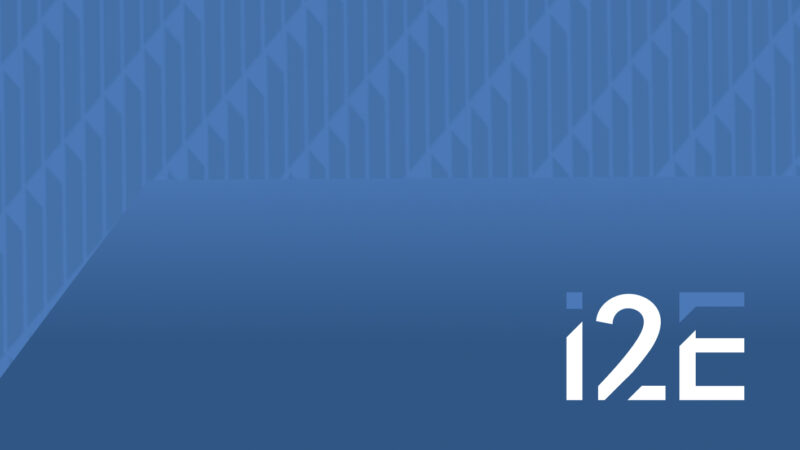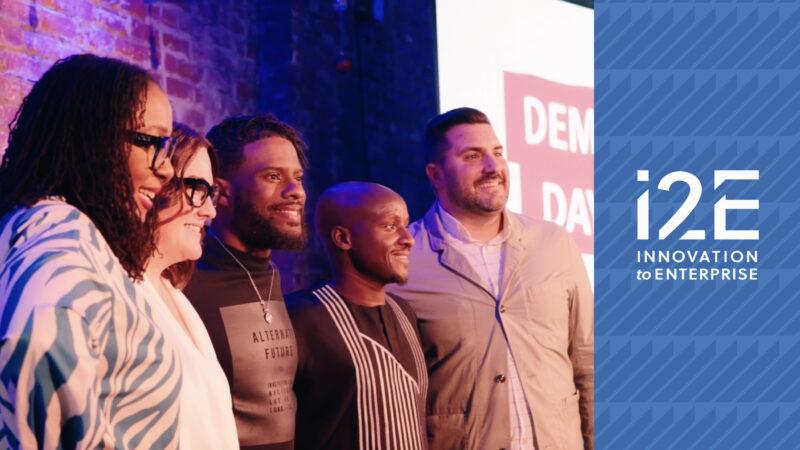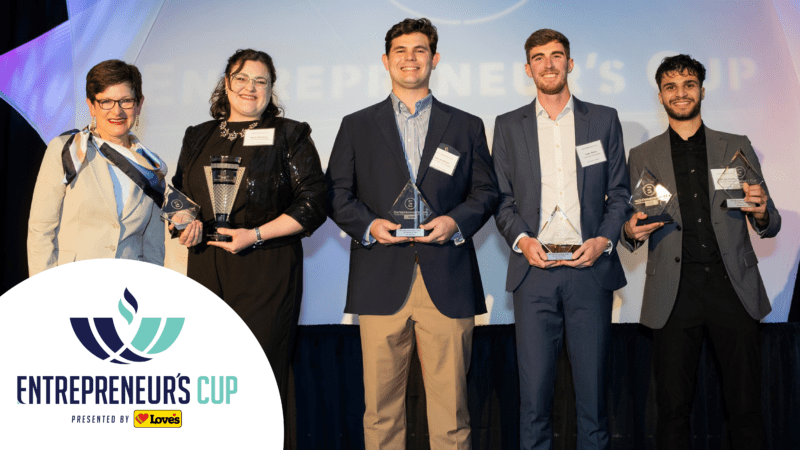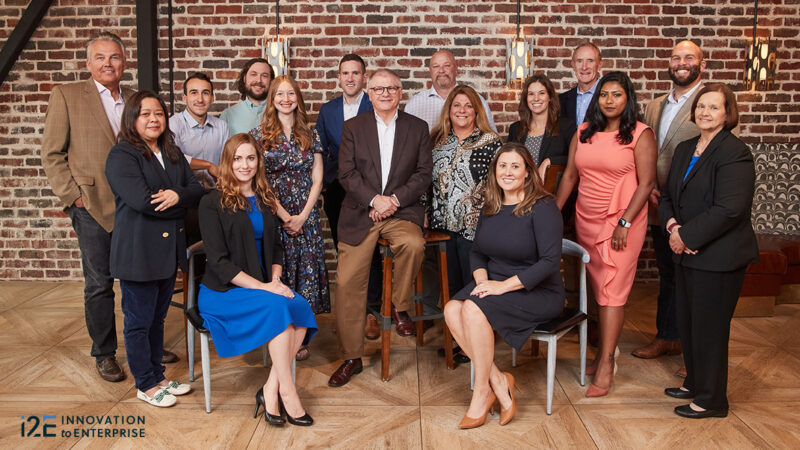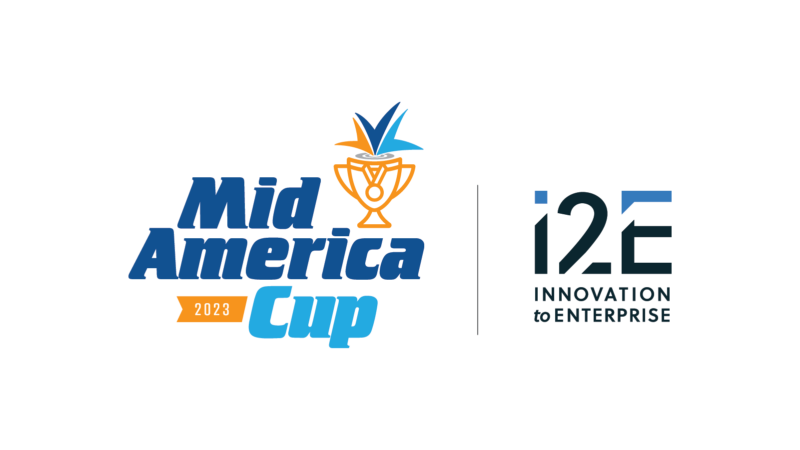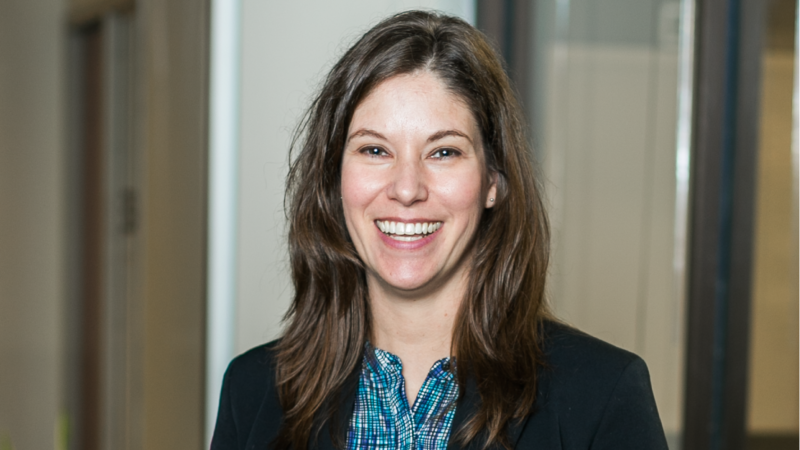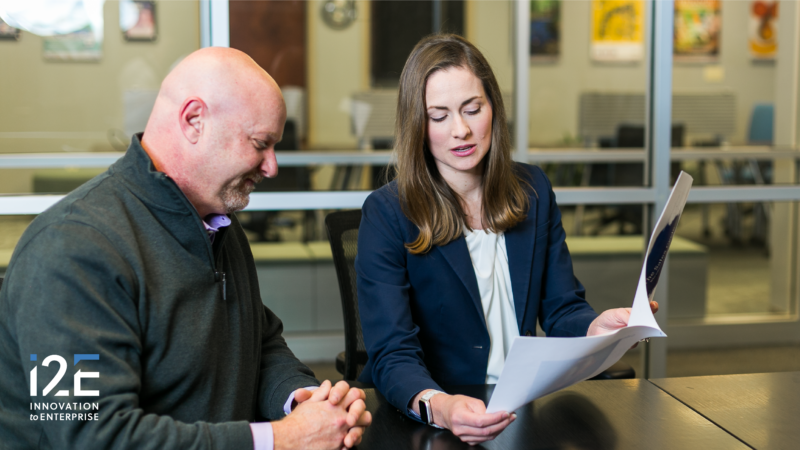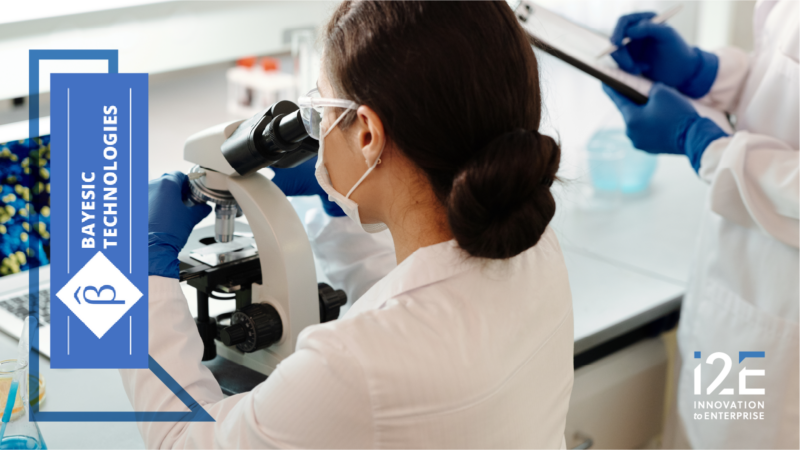When a primary care physician refers a patient to a specialist, the time from referral to appointment is crucial. The patient is anxious for diagnosis or treatment, and the referring physician is seeking an expert who can significantly impact a patient’s health or quality of life. As a result, a slow and inefficient intake process may result in specialty medical clinics losing up to 15 percent of referral patients.
Titan Intake, a Tulsa-based startup co-founded by Rachel Brown and Patrick Bruce, is changing the way patients receive specialty medical care. By automating the referral intake process with Titan, clinics can accelerate patient care, save money and increase revenue.
A primary care doctor can start the referral process with the click of a mouse; it’s what happens on the receiving end that delays care.
“The problem we are solving is the patient intake process,” said Brown. “When a primary care doctor sends a patient to a specialist, they typically fax the patient records to the specialty clinic. That could be a few pages or hundreds.”
Those records are printed off and manually entered into the clinic’s electronic medical records (EMR) system. “This paper-to-electronics process could take minutes, hours, or days,” she continued. “Due to these delays in processing, patient care could be delayed by weeks.”
Titan gives specialty medical practices the tools to process referrals faster and improve patient care.
When a referral is received, Titan reads, organizes, and uploads relevant information into the specialty clinic’s EMR platform with very little change in clinic workflow.
“Our AI system teaches the software to read the referral records the way the clinic staff would,” Brown explained. “They receive notice of the new referral with all the information organized the way they need it to be. All they have to do is call the patient and schedule an appointment.”
Brown can speak from experience about the patient and family impact of protracted time to appointment for referrals.
“The timeline from my father’s first appointment with his primary care physician, to his stage 4 cancer diagnosis from an oncology specialist, to the start of his treatment, was over a month. A whole month of what, in hindsight, was the last seven months of his life wrapped up in waiting for phone calls.”
Titan envisions a future in which patients don’t have to wait to hear from their doctors and medical staff have the capacity to provide efficient and quality care.
“The great thing is that we do not have to convince our customers that this is a problem,” she said. “Clinic staffs have board meetings to talk about this problem and how to solve it. They are actively seeking solutions. We talk directly to their pain.”
A client of i2E’s E3 program, Titan Intake, is now working with several clinics. The company is also adding team members in product development and sales as they continue to grow and expand.
